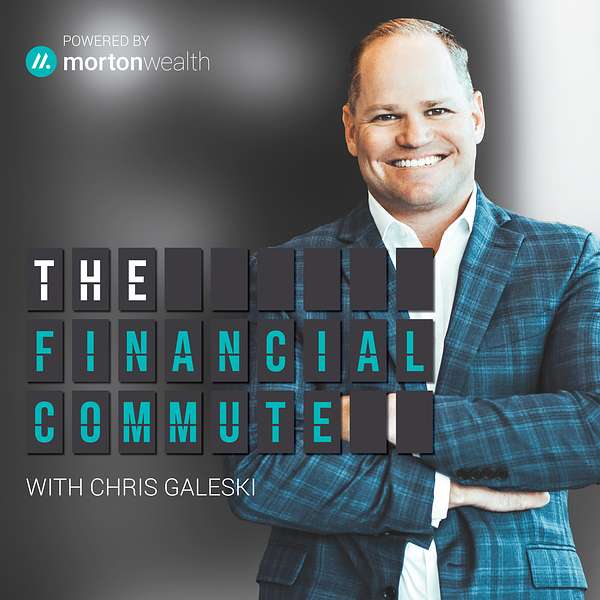
THE FINANCIAL COMMUTE
Hosted by Wealth Advisor Chris Galeski, THE FINANCIAL COMMUTE is a weekly podcast that gives the rundown on what's going on in the current market, how it affects you, and what you can do about it – all designed to fit into your commute. Each week Chris welcomes an expert guest, including Morton Wealth advisors, fund managers, and investment analysts, to break down complex financial topics. Our goal for this podcast is to provide you with the tools to help you navigate this challenging environment, leading to a path of more confident investing.
THE FINANCIAL COMMUTE
Watch This Before You Move States to Avoid Taxes
On this week's THE FINANCIAL COMMUTE episode, CPA Chris Passmore joins Chris Galeski to discuss moving states to save on taxes. Does it always make sense?
Here are some key takeaways from their conversation:
- Headlines about high California taxes can be misleading—actual savings vary widely based on income and lifestyle.
- States like Texas may have no income tax, but property tax rates can reach up to 3%, significantly higher than California’s Prop 13-capped rates.
- Factors like homeowners insurance, electricity (especially in hot climates), and DMV registration fees can increase expenses elsewhere.
- Sales tax can make an unexpectedly large difference in your wallet. California’s near-10% sales tax contrasts with Oregon’s 0%, which offers large savings when shopping or dining out. Other states that don't have a sales tax include New Hampshire, Montana, Alaska, and Delaware.
- To be considered a non-California resident, one must sever ties—like doctors, voter registration, library cards—and clearly establish residency elsewhere. California can pursue back taxes indefinitely if it deems someone a resident.
- CA imposes a 0.4% exit tax on net worth over $30 million (excluding primary residence) for those relocating out of state.
- States like South Dakota offer favorable retirement income tax rules, making them attractive—but weather and lifestyle may still be tradeoffs.